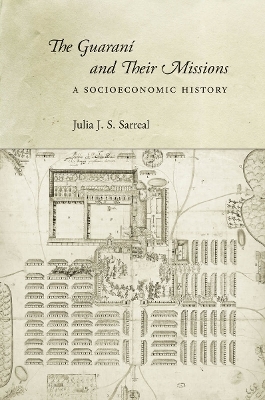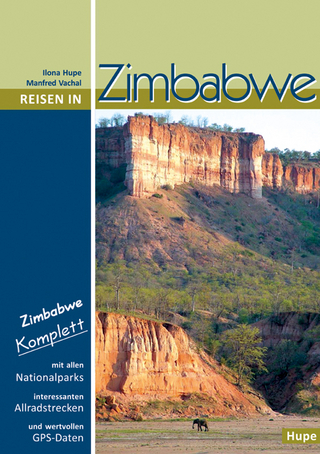
The Guaraní and Their Missions
A Socioeconomic History
Seiten
2014
Stanford University Press (Verlag)
978-0-8047-8597-6 (ISBN)
Stanford University Press (Verlag)
978-0-8047-8597-6 (ISBN)
DRAFT (to be approved by sponsor):
The Guaraní and Their Missions on the South American Frontier is a socioeconomic history of the Guaraní and their missions in the frontiers of the Río de la Plata.
The thirty Guaraní missions of the Río de la Plata were the largest and most prosperous of all the Catholic missions established throughout the frontier regions of the Americas to convert, acculturate, and incorporate indigenous peoples and their lands into the Spanish and Portuguese empires. But between 1768 and 1800, the mission population fell by almost half and the economy became insolvent. This unique socioeconomic history provides a coherent and comprehensive explanation for the missions' operation and decline, providing readers with an understanding of the material changes experienced by the Guaraní in their day-to-day lives.
Although the mission economy funded operations, sustained the population, and influenced daily routines, scholars have not focused on this important aspect of Guaraní history, primarily producing studies of religious and cultural change. This book employs mission account books, letters, and other archival materials to trace the Guaraní mission work regime and to examine how the Guaraní shaped the mission economy. These materials enable the author to poke holes in longheld beliefs about Jesuit mission management and offer original arguments regarding the Bourbon reforms that ultimately made the missions unsustainable.
The Guaraní and Their Missions on the South American Frontier is a socioeconomic history of the Guaraní and their missions in the frontiers of the Río de la Plata.
The thirty Guaraní missions of the Río de la Plata were the largest and most prosperous of all the Catholic missions established throughout the frontier regions of the Americas to convert, acculturate, and incorporate indigenous peoples and their lands into the Spanish and Portuguese empires. But between 1768 and 1800, the mission population fell by almost half and the economy became insolvent. This unique socioeconomic history provides a coherent and comprehensive explanation for the missions' operation and decline, providing readers with an understanding of the material changes experienced by the Guaraní in their day-to-day lives.
Although the mission economy funded operations, sustained the population, and influenced daily routines, scholars have not focused on this important aspect of Guaraní history, primarily producing studies of religious and cultural change. This book employs mission account books, letters, and other archival materials to trace the Guaraní mission work regime and to examine how the Guaraní shaped the mission economy. These materials enable the author to poke holes in longheld beliefs about Jesuit mission management and offer original arguments regarding the Bourbon reforms that ultimately made the missions unsustainable.
Julia Sarreal is Assistant Professor in the New College of Interdisciplinary Arts and Sciences at Arizona State University. Her work focuses on social history, economic history, and ethnohistory in colonial Latin America.
| Erscheint lt. Verlag | 11.6.2014 |
|---|---|
| Zusatzinfo | 15 tables, 9 figures, 5 maps |
| Verlagsort | Palo Alto |
| Sprache | englisch |
| Maße | 152 x 229 mm |
| Gewicht | 590 g |
| Themenwelt | Reisen ► Reiseführer ► Afrika |
| Reisen ► Reiseführer ► Südamerika | |
| Geisteswissenschaften ► Geschichte ► Regional- / Ländergeschichte | |
| Naturwissenschaften ► Geowissenschaften ► Geografie / Kartografie | |
| ISBN-10 | 0-8047-8597-X / 080478597X |
| ISBN-13 | 978-0-8047-8597-6 / 9780804785976 |
| Zustand | Neuware |
| Haben Sie eine Frage zum Produkt? |
Mehr entdecken
aus dem Bereich
aus dem Bereich
Ein Reisebegleiter für Natur und Abenteuer ; mit allen Nationalparks, …
Buch | Softcover (2024)
Hupe, I (Verlag)
CHF 39,95
Buch | Softcover (2023)
Hupe, Ilona (Verlag)
CHF 29,90


